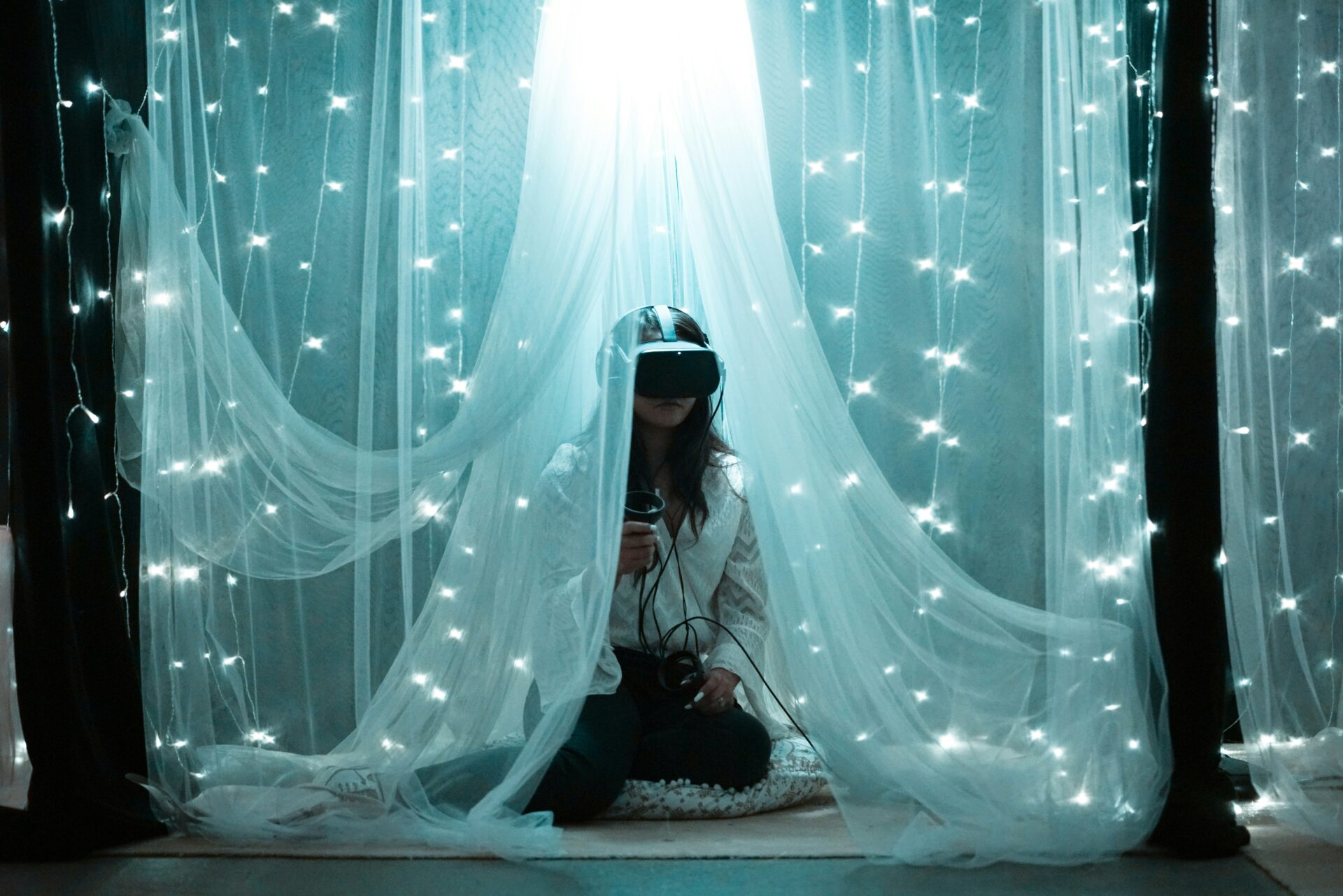Artificial Intelligence (AI) is rapidly transforming our world, reshaping industries, economies, and the very fabric of human life. As we move deeper into the AI age, we are confronted with challenges that question the values at the core of modern liberalism. The evolving role of AI in society could lead to a future where human value, authority, and autonomy are fundamentally altered. This isn’t just about technological progress; it’s about the profound implications for human identity and our place in the world.
At the heart of this transformation lie three critical threats to liberalism, each presenting a potential future for humanity:
1. The Fear of Losing Human Value
One of the most pressing concerns is that humans may lose their value entirely in a world dominated by AI. As machines and algorithms continue to take over tasks once reserved for human intellect and labor, the question arises: What will be the value of human beings?
For centuries, liberal societies have been built on the premise that every individual has inherent worth and potential. The job of education, governance, and healthcare systems has been to nurture that potential. But what happens when machines can outperform humans in nearly every task? What if AI can diagnose diseases more accurately, compose music more beautifully, and solve problems more efficiently than any human could?
This potential future forces us to reevaluate what it means to be human in a world where machines excel at nearly everything. Will humans still be necessary, or will our value diminish as AI takes on a larger role in shaping society?
2. Humans Losing Individual Authority to Algorithms
In a world increasingly managed by AI, humans may not lose their value entirely, but they may lose something just as important: their individual authority. This is the second major challenge we face.
Imagine a world where external algorithms know us better than we know ourselves. These algorithms, fueled by vast amounts of data, can predict our preferences, desires, and behaviors with uncanny accuracy. They can suggest what to watch, where to eat, and even what career to pursue. On a deeper level, they could influence major life decisions, from relationships to healthcare choices, often making decisions on our behalf.
This doesn’t mean we’ll become irrelevant, but our autonomy may be significantly reduced. The system will still need people to compose symphonies, teach history, or write computer code. But the algorithms will handle the decision-making, leaving humans to simply follow along. We might be perfectly happy with these outcomes—after all, the system will deliver efficiency and convenience. However, this would signal the end of liberalism as we know it, as individual freedom and personal responsibility give way to the dominance of AI-driven systems.
This world, where humans are valuable but no longer in control, marks a fundamental shift toward a post-liberal society.
3. The Emergence of a Privileged Elite: Upgraded Humans
The third, and perhaps most unsettling threat to liberalism, is the possibility that a small group of individuals will become upgraded superhumans, leaving the majority of humanity behind. In this scenario, only a privileged elite will possess the abilities and creativity necessary to make the most important decisions in the world. These individuals will have access to advanced AI-enhancements—be it cognitive upgrades, enhanced memories, or superior physical abilities—that set them apart from the rest of society.
While these superhumans will perform crucial services for the system, they will be indecipherable and irreplaceable, even by the most advanced AI. In contrast, the vast majority of people will remain unenhanced, struggling to keep up in a world dominated by algorithms and elite individuals.
This divide could lead to the creation of a two-tiered society—one where superhumans enjoy unprecedented freedoms and opportunities, while the rest are relegated to an inferior status, dominated by both AI and this new elite. The implications for social inequality are staggering, as the gap between the upgraded few and the unenhanced many grows wider with each passing year.
Navigating the Future: A Collective Responsibility
These three threats—losing human value, losing individual authority, and the rise of an upgraded elite—paint a picture of a world fundamentally different from the one we live in today. However, this doesn’t mean we are powerless in shaping the future. The choices we make now, as a society and as individuals, will determine how AI is integrated into our lives.
One potential path is to ensure that AI technology is used to uplift everyone, rather than creating a divide between the privileged and the rest. This could involve making upgrades and enhancements available to all, rather than reserving them for a select few. It also requires a reimagining of education, work, and social structures to ensure that humans remain central to decision-making, even in a world dominated by algorithms.
At the same time, we must remain vigilant about the potential dangers of AI. Ethical guidelines, transparent regulations, and ongoing discussions about the role of AI in society will be crucial in preventing a future where individual autonomy is compromised, or where human value is diminished.
In the end, the question is not whether AI will change our world—it will. The question is how we, as humans, will adapt to these changes and ensure that AI serves to enhance, rather than undermine, the values that have guided human progress for centuries.
As we stand on the brink of this new era, we have a choice to make. Will AI be a tool for the betterment of all humanity, or will it create a future where only a few hold the keys to power and opportunity? The answer lies in how we choose to shape the world today.
